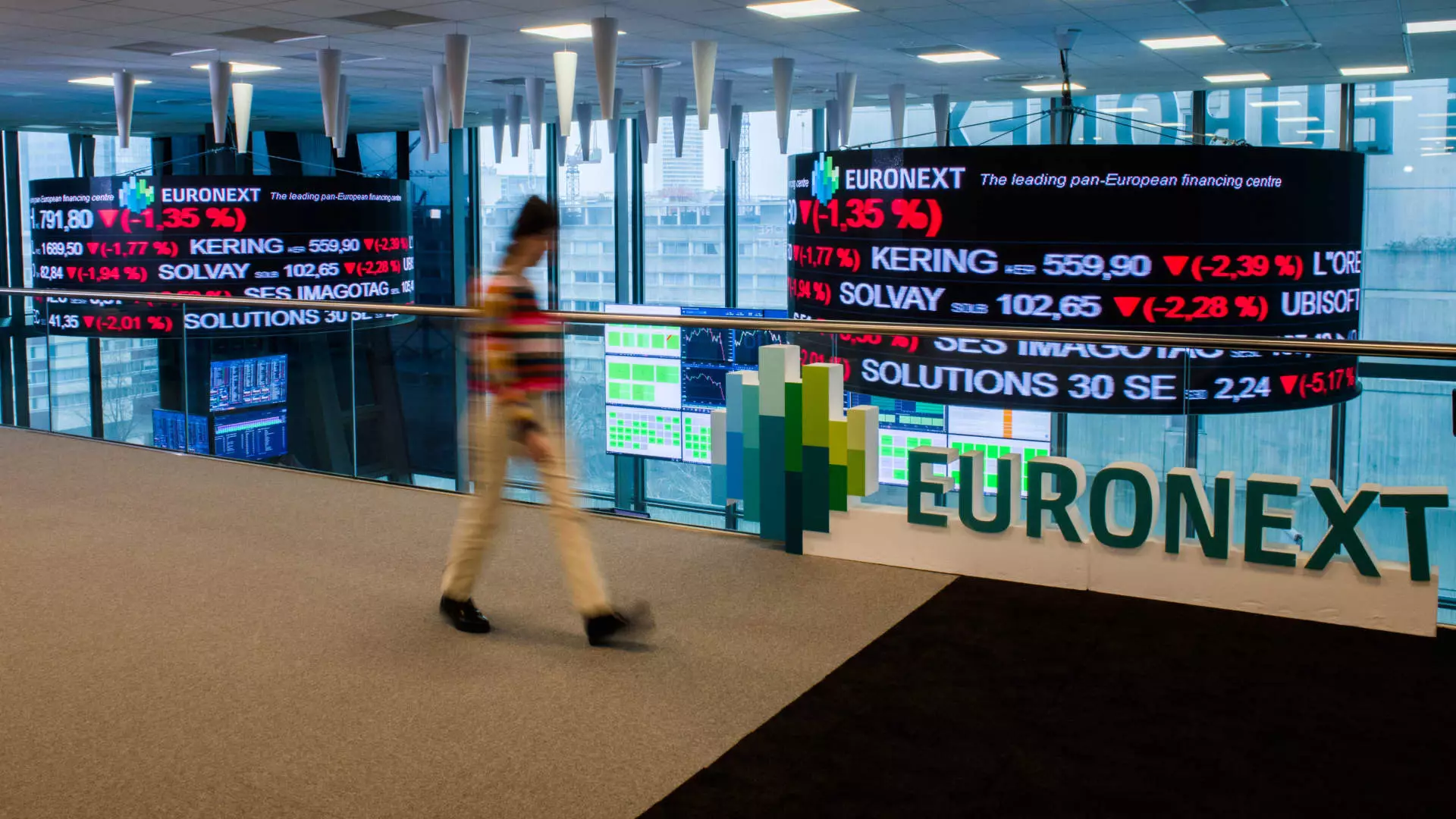The recent victory of Donald Trump in the U.S. elections has led to a notable pullback in U.S.-listed funds that track global equities. This unexpected turn of events unfolded on a day when major U.S. stock indexes reached all-time highs. However, the optimism surrounding the U.S. markets stood in stark contrast to the declining performance of international-focused exchange-traded funds (ETFs). Notably, the iShares ETFs for South Korea, Hong Kong, Taiwan, and Chile all experienced significant losses. This phenomenon highlights the growing concern among investors regarding the implications of Trump’s proposed economic policies on global trade.
Trump’s campaign rhetoric included aggressive proposals for tariffs, particularly aimed at foreign goods. Early post-election indications suggest a potential 20% tariff on all imports, with a staggering 60% specifically targeting Chinese goods. Although these tariff proposals received mixed reactions from American voters according to NBC News polling, they have rapidly become a central concern for international investors. “The investment environment in the U.S. remains robust, but global markets are increasingly threatened by potential tariff-related policies,” stated Yung-Yu Ma, Chief Investment Officer at BMO Wealth Management. Such policies could create a climate of uncertainty, likely stalling any immediate growth prospects for international markets.
Divergence Between U.S. and Global Markets
The stark divergence between U.S. markets and their global counterparts is evident in the aftermath of the election. While the Dow Jones Industrial Average celebrated its significant gains, European markets struggled to maintain momentum in light of Trump’s presidency. The iShares Core MSCI Europe ETF (IEUR), for example, faced a more than 2% decline. Additionally, fluctuations in Asian markets were mixed, with Japan’s Nikkei 225 defying the downward trend witnessed across the region. Conversely, the U.S.-listed iShares MSCI China ETF (MCHI) succumbed to a loss of over 2%, showcasing the palpable tension created by tariff threats on international exposure.
Nevertheless, not all international markets were adversely affected. The Global X MSCI Argentina ETF (ARGT) uniquely stood out with a remarkable gain of over 2%, marking a new 52-week high. This surge can partly be attributed to Argentina’s recent electoral shift towards a libertarian government, paralleling Trump’s rise to power. Furthermore, the U.S. dollar demonstrated noteworthy strength, reaching its highest level since July as inflation expectations spiked following the election. LPL Financial’s chief technical strategist, Adam Turnquist, emphasized that a robust dollar typically poses challenges for international stocks, particularly in emerging markets, which have consistently lagged behind their U.S. counterparts amid unfavorable economic conditions.
In sum, while the U.S. markets may bask in the glory of record highs, the international investment landscape remains fraught with uncertainty. The potential for stringent tariff policies under the Trump administration casts a shadow on global equities, leaving many investors on edge. As concerns about trade and currency fluctuations loom large, it will be crucial for investors to navigate this evolving market landscape with caution. Embracing a diversified portfolio and staying informed about policy developments will be essential as the economic implications of Trump’s presidency unfold.

